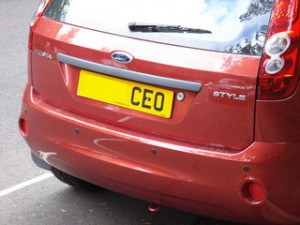Why Family-Firm CEOs Underperform Professional CEOs
The topic of family businesses has long been of interest around here. Stephen Dubner wrote about it a few months ago, and our “Church of Scionology” podcast looked at the research on family firms. A new working paper (abstract; PDF) from Oriana Bandiera, Andrea Prat, and Raffaella Sadun explores how the behavior of family firm CEOs differs from that of professional CEOs, and why the former seem to perform worse. If you had to sum it up in one word: sloth. From the abstract:
CEOs affect the performance of the firms they manage, and family CEOs seem to weaken it. Yet little is known about what top executives actually do, and whether it differs by firm ownership. We study CEOs in the Indian manufacturing sector, where family ownership is widespread and the productivity dispersion across firms is substantial. Time use analysis of 356 CEOs of listed firms yields three sets of findings. First, there is substantial variation in the number of hours CEOs devote to work activities, and longer working hours are associated with higher firm productivity, growth, profitability and CEO pay. Second, family CEOs record 8% fewer working hours relative to professional CEOs. The difference in hours worked is more pronounced in low- competition environments and does not seem to be explained by measurement error. Third, difference in differences estimates with respect to the cost of effort, due to weather shocks and popular sport events, reveal that the observed difference between family and professional CEOs is consistent with heterogeneous preferences for work versus leisure. Evidence from six other countries reveals similar findings in economies at different stages of development.


Comments